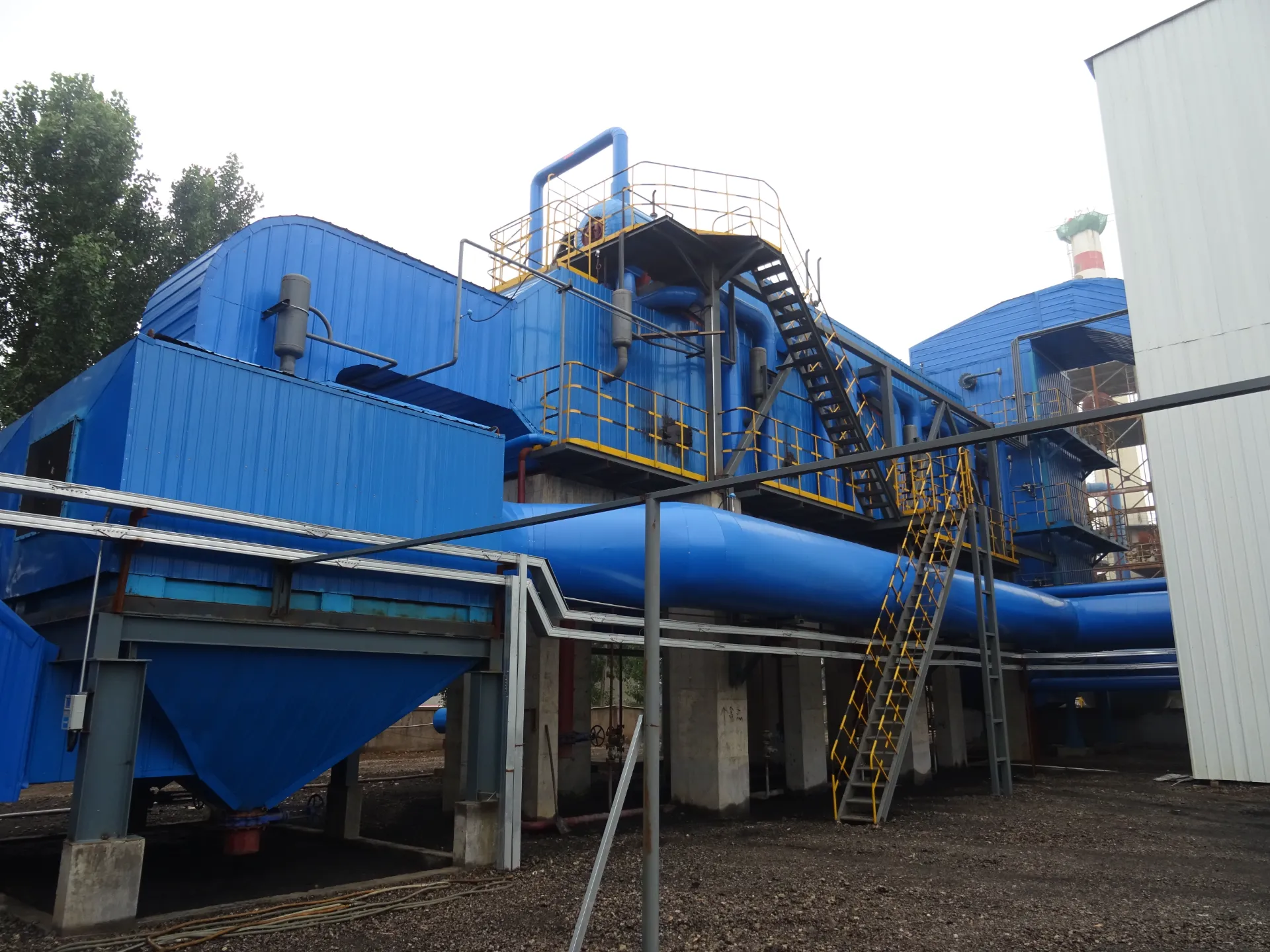
فبراير . 18, 2025 07:58 Back to list
coal fired hot water heater
When exploring options for heating water in a residence, understanding the differences between a hot water boiler and a water heater is crucial. Each system comes equipped with unique features that suit different needs and preferences. This guide delves into key aspects, such as efficiency, functionality, application, and long-term benefits to assist homeowners and industry professionals in making informed decisions.
Installation and maintenance also vary significantly between the two types of systems. Hot water boilers require specific infrastructure, including a network of pipes and radiators, which might demand substantial initial investment. However, regular maintenance—like annual check-ups and proper ventilation—can maximize their lifespan, often extending beyond 20 years. Experienced professionals often recommend consistent servicing to ensure peak performance, safety, and efficiency. On the other hand, water heaters, particularly traditional tank variants, may require less space and infrastructure investment. Their installation is straightforward, involving connecting to the water supply and power source. If well-maintained, these units can last between 10 to 15 years. However, tankless models, while requiring a higher initial investment, tend to offer a more extended operational life and require meticulous installation to avoid efficiency losses. The choice between a hot water boiler and a water heater is further influenced by geographical and climate considerations. Regions with harsh winters or high heating demands may benefit more from the comprehensive home heating solutions offered by boilers. Conversely, areas with mild climates or communities prioritizing reduced energy consumption might find tankless water heaters more advantageous. Consumers should also consider the environmental impact of their choice. Boilers designed with green technology are increasingly available, featuring reduced emission systems that use cleaner fuels. Similarly, select tankless water heaters adhere to strict energy efficiency guidelines, as evidenced by ENERGY STAR certification. These systems not only reduce carbon footprints but also often qualify homeowners for federal rebates or incentives. In summary, understanding the distinct purposes and advantages of hot water boilers and water heaters allows consumers to make educated decisions tailored to their specific needs, budgets, and environmental considerations. For homeowners seeking comprehensive heating solutions, the hot water boiler stands out as a versatile, long-term investment, particularly in colder climates. Meanwhile, water heaters, especially tankless models, provide a flexible, energy-efficient choice for those prioritizing immediate access to hot water with minimal environmental impact. Ultimately, the decision hinges on accessibility to resources, long-term savings, and sustainability goals.


Installation and maintenance also vary significantly between the two types of systems. Hot water boilers require specific infrastructure, including a network of pipes and radiators, which might demand substantial initial investment. However, regular maintenance—like annual check-ups and proper ventilation—can maximize their lifespan, often extending beyond 20 years. Experienced professionals often recommend consistent servicing to ensure peak performance, safety, and efficiency. On the other hand, water heaters, particularly traditional tank variants, may require less space and infrastructure investment. Their installation is straightforward, involving connecting to the water supply and power source. If well-maintained, these units can last between 10 to 15 years. However, tankless models, while requiring a higher initial investment, tend to offer a more extended operational life and require meticulous installation to avoid efficiency losses. The choice between a hot water boiler and a water heater is further influenced by geographical and climate considerations. Regions with harsh winters or high heating demands may benefit more from the comprehensive home heating solutions offered by boilers. Conversely, areas with mild climates or communities prioritizing reduced energy consumption might find tankless water heaters more advantageous. Consumers should also consider the environmental impact of their choice. Boilers designed with green technology are increasingly available, featuring reduced emission systems that use cleaner fuels. Similarly, select tankless water heaters adhere to strict energy efficiency guidelines, as evidenced by ENERGY STAR certification. These systems not only reduce carbon footprints but also often qualify homeowners for federal rebates or incentives. In summary, understanding the distinct purposes and advantages of hot water boilers and water heaters allows consumers to make educated decisions tailored to their specific needs, budgets, and environmental considerations. For homeowners seeking comprehensive heating solutions, the hot water boiler stands out as a versatile, long-term investment, particularly in colder climates. Meanwhile, water heaters, especially tankless models, provide a flexible, energy-efficient choice for those prioritizing immediate access to hot water with minimal environmental impact. Ultimately, the decision hinges on accessibility to resources, long-term savings, and sustainability goals.
Share
Latest News
-
Commercial Oil Fired Steam Boilers with GPT-4 Turbo AI
NewsAug.04,2025
-
Coal Fired Thermal Oil Boiler with GPT-4 Turbo Efficiency
NewsAug.03,2025
-
Commercial Steam Boilers for Sale - AI Optimized Efficiency
NewsAug.02,2025
-
Efficient Biomass Fired Hot Water Boiler | AI Heating Solution
NewsAug.01,2025
-
High-Efficiency Gas Thermal Oil Boilers | HPT Models
NewsJul.31,2025
-
Oil Fired Hot Water Boilers Sale - High Efficiency & Affordable
NewsJul.31,2025
Related PRODUCTS
Copyright © 2025 HEBEI HONGZE BOILER MANUFACTURING CO., LTD. All Rights Reserved. Sitemap | Privacy Policy






















